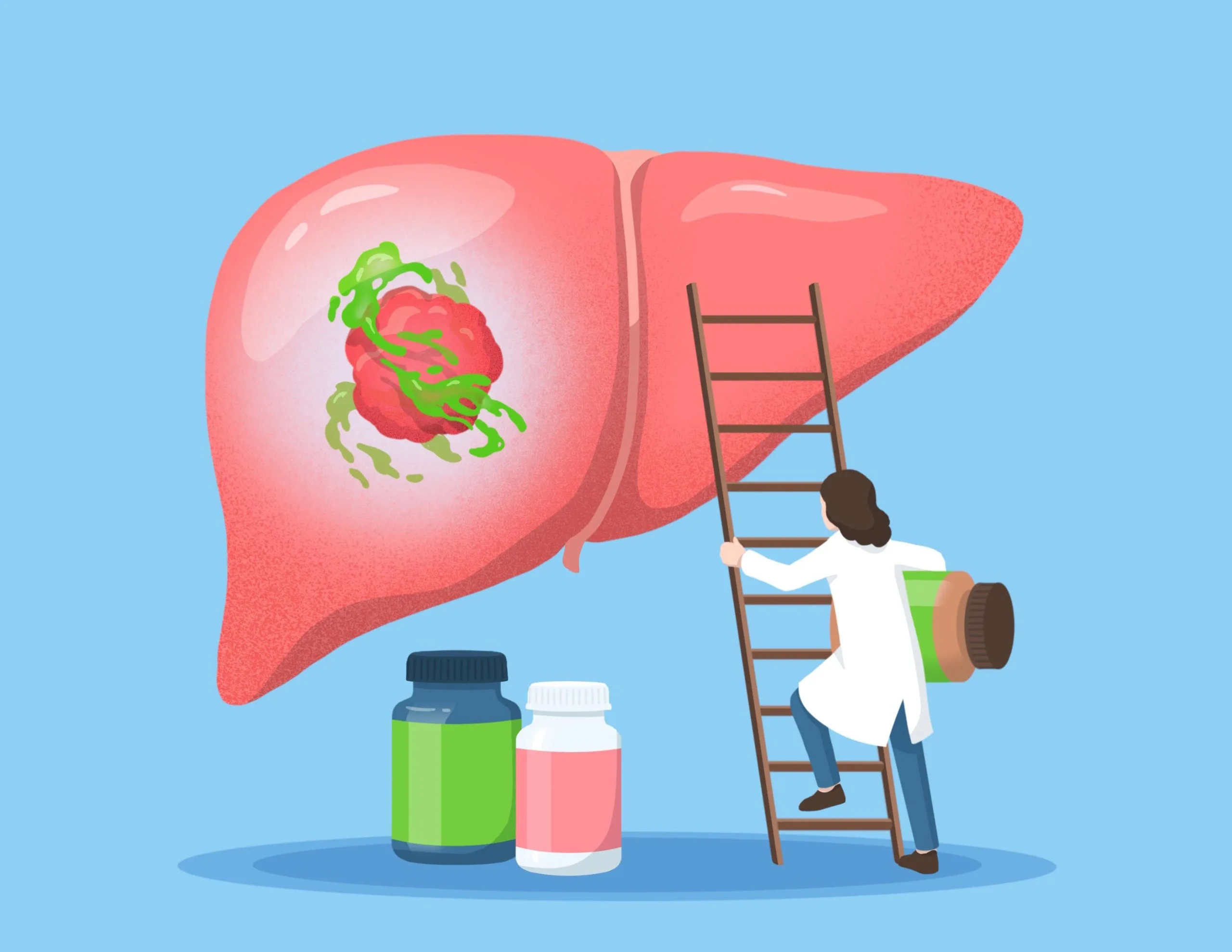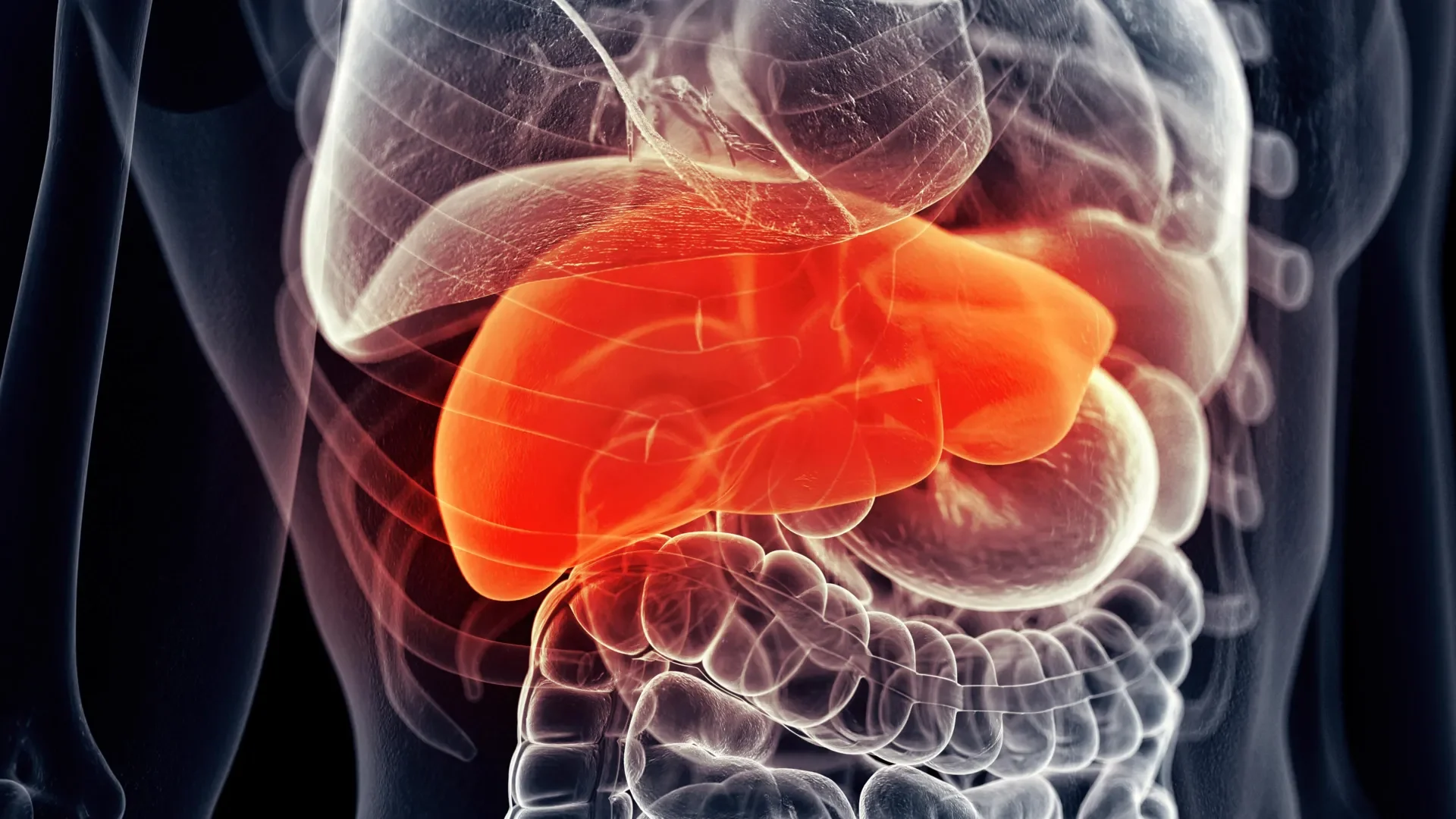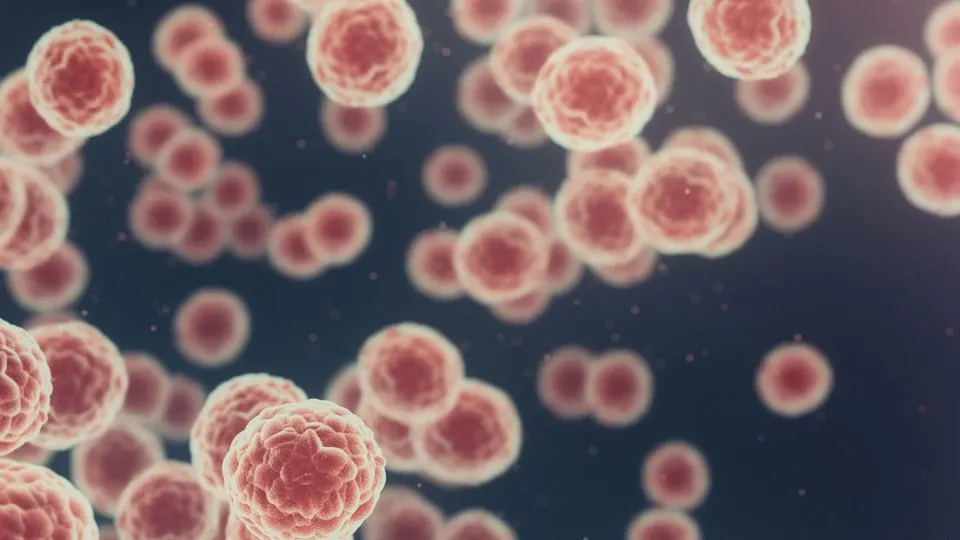Salk Institute researchers found that ursodeoxycholic acid (UDCA), an existing liver supplement, can reverse immune suppression in liver cancer and improve immunotherapy response. UDCA restored T cell function and reduced tumors in mice, setting the stage for swift clinical trials.

October 17, 2025

Source:
SciTechDaily
Breakthrough in Liver Cancer Research
Researchers at the Salk Institute have identified a major reason why immunotherapy often fails in liver cancer patients. Their study, published in Science on January 9, 2025, reveals that certain bile acids in the liver suppress T cell immune responses, undermining the effects of immunotherapy.
Bile Acids and Immune Suppression
Analysis of human liver cancer samples showed high levels of conjugated bile acids. These substances weaken T cell function, which is critical for attacking tumors during immunotherapy (ScienceDaily, Salk Institute).
Most primary bile acids had minimal impact on T cells.
Certain secondary bile acids, such as LCA, damaged T cells.
UDCA, however, increased T cell activity and helped control tumors.
Keep up with the story. Subscribe to the PR+ free daily newsletter

Source:
Science Daily
UDCA as a Potential New Therapy
The team found that ursodeoxycholic acid (UDCA) supplementation reversed the suppression of T cells. In mouse models, UDCA not only restored immune activity but also shrank liver tumors (Pharmacy Times).
Genetic Insights and Fast-Tracked Potential
By genetically removing the enzyme BAAT, which produces these harmful bile acid forms, tumor growth slowed in mice. As UDCA is already an approved treatment for liver diseases like primary biliary cholangitis, it offers a rapid route to clinical cancer trials.
UDCA’s safety as a supplement could speed up human testing.
The findings may explain why immunotherapy works for other cancers, but not liver cancer.
Read More

Source:
Technology Networks
Share this news:




















